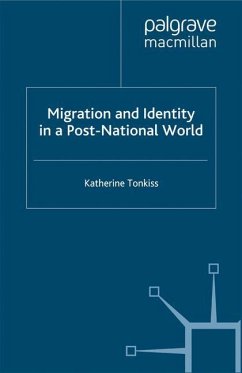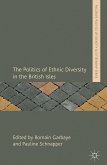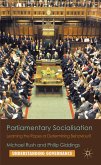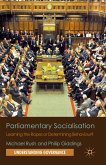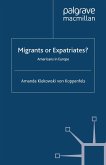Katherine Tonkiss offers a succinct account of constitutional patriotism theory, specifically arguing that it involves a commitment to free migration. She draws on qualitative research to explore the implications of this claim for the dynamics of post-national identity and belonging in local communities.
'This is an important contribution to the debate on national and post-national belonging. It contains not only a sophisticated engagement with the literature on liberal nationalism and constitutional patriotism, but also and this is unfortunately still rare in political theory an illuminating empirical case study. The empirical work notably strengthens the author's argument for a constitutional patriotism built from the local ground up.' - Jan-Werner Müller, Princeton University, USA
'Katherine Tonkiss pushes the constitutional patriotism discourse in a novel and important direction. Not only does she refine the theory and help us think through some potentially very important means of promoting democratic solidarity by non-national means, but she persuasively argues that a commitment to constitutional patriotism will imply a commitment to much freer movement across borders. This leads, she shows, to a seeming paradox, where a rejection of strong national identification can provoke the activation or reinforcement of the same in migrant-receiving communities. Tonkiss' book is essential reading for anyone interested in issues of citizenship, migration, national belonging, and possible non-nationalistic bonds of solidarity.' - Luis Cabrera, University of Birmingham, UK
'This book demonstrates the importance and the limits of theories of constitutional patriotism and attempts to address these limits through a highly innovative combination of normativepolitical theory and qualitative research. All those interested in multiculturalism, nations and nationalism, the ethics of immigration need to read it.' - Varun Uberoi, Brunel University, UK
'Katherine Tonkiss pushes the constitutional patriotism discourse in a novel and important direction. Not only does she refine the theory and help us think through some potentially very important means of promoting democratic solidarity by non-national means, but she persuasively argues that a commitment to constitutional patriotism will imply a commitment to much freer movement across borders. This leads, she shows, to a seeming paradox, where a rejection of strong national identification can provoke the activation or reinforcement of the same in migrant-receiving communities. Tonkiss' book is essential reading for anyone interested in issues of citizenship, migration, national belonging, and possible non-nationalistic bonds of solidarity.' - Luis Cabrera, University of Birmingham, UK
'This book demonstrates the importance and the limits of theories of constitutional patriotism and attempts to address these limits through a highly innovative combination of normativepolitical theory and qualitative research. All those interested in multiculturalism, nations and nationalism, the ethics of immigration need to read it.' - Varun Uberoi, Brunel University, UK

